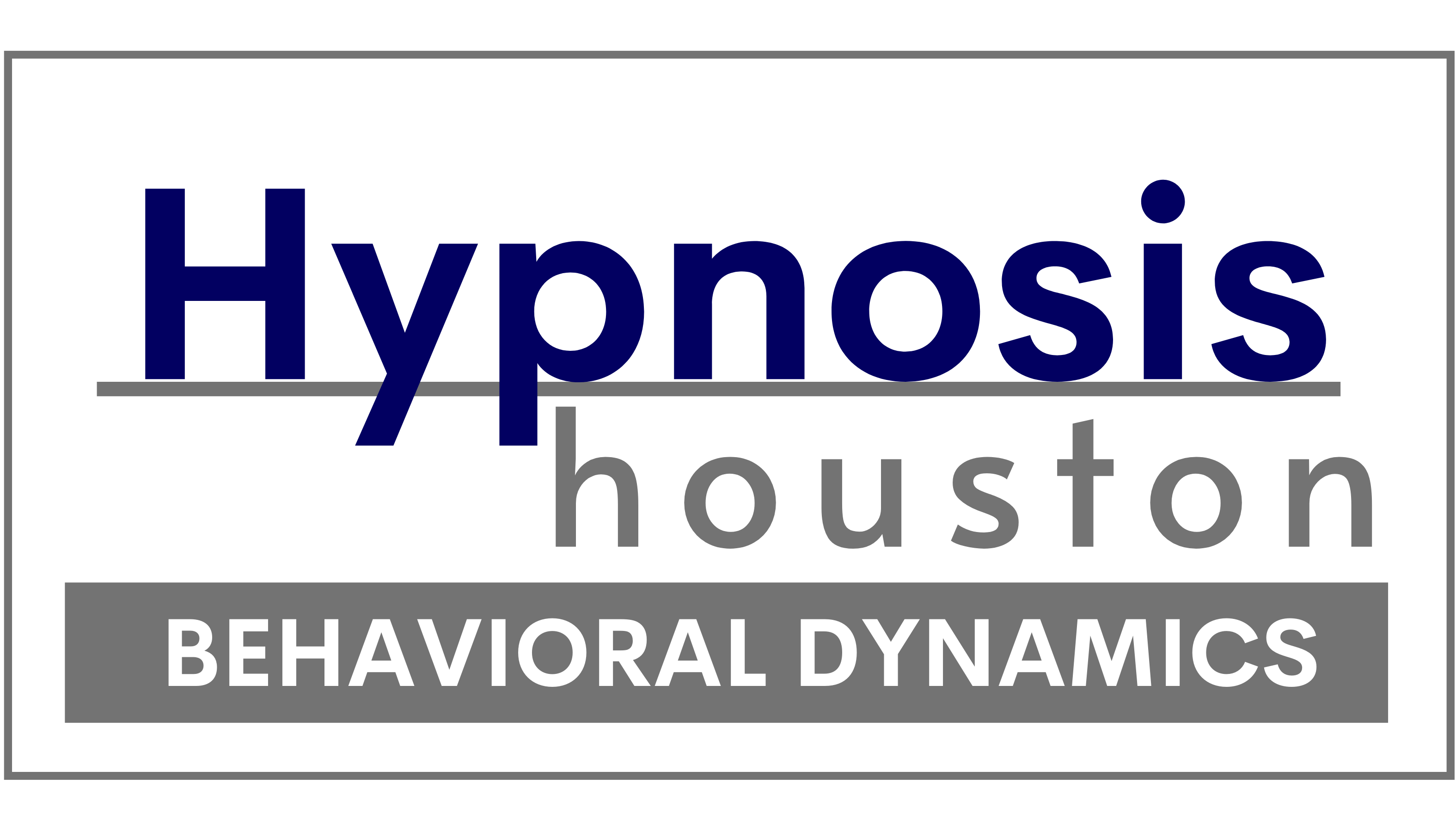Does Hypnosis Work for Insomnia? An In-Depth Look
 Insomnia is a common sleep disorder that affects millions of people worldwide. As individuals search for effective treatments, hypnosis has emerged as a potential solution. But does hypnosis work for insomnia? This article delves into the science behind hypnosis, its application in treating sleep disorders, and the evidence supporting its efficacy.
Insomnia is a common sleep disorder that affects millions of people worldwide. As individuals search for effective treatments, hypnosis has emerged as a potential solution. But does hypnosis work for insomnia? This article delves into the science behind hypnosis, its application in treating sleep disorders, and the evidence supporting its efficacy.
Understanding Insomnia
Before exploring hypnosis as a treatment, it’s crucial to understand what insomnia entails. Insomnia is characterized by difficulty falling asleep, staying asleep, or both despite having adequate sleep opportunities. This condition can lead to daytime fatigue, mood disturbances, and impaired cognitive function.
Insomnia can be classified as:
- Acute insomnia: Short-term sleep difficulties, often triggered by stress or environmental changes.
- Chronic insomnia: Long-term sleep problems occurring at least three nights a week for three months or more.
What is Hypnosis?
Hypnosis is a state of focused attention and heightened suggestibility. During hypnosis, individuals experience a trance-like state characterized by deep relaxation and increased receptivity to suggestions. Contrary to popular belief, hypnosis does not involve mind control or loss of consciousness. Instead, it’s a collaborative process between the hypnotist and the subject.
In the context of treating insomnia, hypnosis aims to:
- Induce relaxation
- Address underlying psychological factors contributing to sleep difficulties
- Modify sleep-related behaviors and thought patterns.
The Science Behind Hypnosis
To understand how hypnosis might work for insomnia, it’s essential to explore the neurological basis of hypnosis:
- Brain activity changes: Neuroimaging studies have shown that hypnosis alters brain activity in attention, emotional regulation, and sensory processing regions.
- Increased theta waves: During hypnosis, there’s an increase in theta brain waves, which are associated with relaxation and drowsiness.
- Default mode network modulation: Hypnosis appears to modulate the default mode network, a brain system involved in self-referential thinking and mind-wandering.
These neurological changes suggest that hypnosis could potentially influence sleep-related processes and help manage insomnia symptoms.
Hypnosis Techniques for Insomnia
Several hypnotic techniques are commonly used to address insomnia:
- Progressive Muscle Relaxation (PMR): This technique involves systematically tensing and relaxing different muscle groups to induce physical relaxation.
- Guided Imagery: The hypnotist guides the individual through calming mental images to promote relaxation and sleepiness.
- Suggestion therapy: The hypnotist provides suggestions for improved sleep, such as falling asleep faster or staying asleep longer.
- Cognitive restructuring: This technique identifies and modifies negative thoughts and beliefs about sleep.
- Post-hypnotic suggestions: The hypnotist gives suggestions that will take effect after the hypnosis session, such as feeling sleepy at bedtime.
Evidence Supporting Hypnosis for Insomnia
Several studies have investigated the effectiveness of hypnosis in treating insomnia. While more research is needed, existing evidence suggests that hypnosis may be a promising intervention:
- A 2018 meta-analysis published in the Journal of Clinical Sleep Medicine reviewed 139 studies and found that hypnosis showed promise in treating insomnia, particularly when combined with cognitive-behavioral therapy for insomnia (CBT-I).
- A 2014 study in the International Journal of Clinical and Experimental Hypnosis reported that participants who received hypnotherapy experienced significant improvements in sleep quality and duration compared to a control group.
- Research published in the journal Sleep in 2007 found that listening to a sleep-promoting audio recording reduced the time it took to fall asleep in women with insomnia.
- A 2006 study in the journal Sleep Medicine showed that hypnosis was effective in improving sleep quality in patients with fibromyalgia, a condition often associated with sleep disturbances.
While these studies provide encouraging results, it’s important to note that the quality and quantity of research on hypnosis for insomnia are still limited compared to other treatments like CBT-I.
Potential Mechanisms of Action
Several theories explain how hypnosis might help with insomnia:
- Anxiety reduction: Hypnosis can help reduce anxiety and racing thoughts that often interfere with sleep.
- Improved sleep hygiene: Hypnotic suggestions may help reinforce good sleep habits and routines.
- Altered perception of sleep: Hypnosis might change how individuals perceive their sleep quality and duration.
- Increased relaxation: The deep relaxation induced by hypnosis may make falling and staying asleep easier.
- Addressing underlying issues: Hypnotherapy can potentially uncover and address psychological factors contributing to insomnia.
Comparing Hypnosis to Other Insomnia Treatments
To better understand the potential of hypnosis for insomnia, it’s helpful to compare it to other established treatments:
- Cognitive Behavioral Therapy for Insomnia (CBT-I): Considered the gold standard for non-pharmacological insomnia treatment, CBT-I has more robust evidence supporting its efficacy. However, hypnosis can be used as a complementary technique within CBT-I.
- Sleep medications: While medications can provide rapid, short-term relief, they often come with side effects and the risk of dependence. Hypnosis, being non-pharmacological, avoids these risks.
- Sleep hygiene education: While important, sleep hygiene alone is often insufficient for treating chronic insomnia. Hypnosis may offer additional benefits by addressing psychological factors.
- Relaxation techniques: Other relaxation methods, such as meditation or progressive muscle relaxation, share similarities with hypnosis but may lack the suggestibility component.
Limitations and Considerations
While hypnosis shows promise for treating insomnia, several limitations and considerations should be noted:
- Individual variability: Only some people are equally susceptible to hypnosis, and its effectiveness may vary from person to person.
- Lack of standardization: Hypnotic techniques and their application can vary widely among practitioners, making it difficult to standardize treatment protocols.
- Limited long-term data: More research is needed to establish the long-term efficacy of hypnosis for insomnia.
- Potential for false memories: In rare cases, hypnosis may lead to the creation of false memories, though this risk is generally low when performed by trained professionals.
- Accessibility: Finding a qualified hypnotherapist specializing in sleep disorders may be challenging in some areas.
Who Might Benefit from Hypnosis for Insomnia?
Hypnosis for insomnia may be particularly beneficial for:
- Individuals with stress-related or anxiety-induced insomnia
- Those who prefer non-pharmacological treatments
- People who have not responded well to other insomnia treatments
- Individuals open to complementary and alternative therapies
It’s important to note that hypnosis may not be suitable for everyone, particularly those with certain mental health conditions or individuals taking specific medications. Consulting with a healthcare provider before trying hypnosis is advisable.
Implementing Hypnosis for Better Sleep
For those interested in trying hypnosis for insomnia, consider the following steps:
- Consult a healthcare provider: Discuss your sleep issues and the possibility of using hypnosis as a treatment.
- Find a qualified practitioner: Look for a licensed mental health professional or healthcare provider with specific training in clinical hypnosis for sleep disorders.
- Set realistic expectations: Understand that hypnosis is not a quick fix and may require multiple sessions to see results.
- Combine with other strategies: Consider using hypnosis in conjunction with other evidence-based treatments like CBT-I for potentially better outcomes.
- Practice self-hypnosis: Learn self-hypnosis techniques to reinforce the benefits between sessions and promote relaxation at bedtime.
Conclusion
While the question “Does hypnosis work for insomnia?” doesn’t have a simple yes or no answer, the available evidence suggests that hypnosis may be a promising complementary treatment for some individuals struggling with sleep issues. Its potential to induce relaxation, address underlying psychological factors, and modify sleep-related behaviors makes it an intriguing option in the landscape of insomnia treatments.
However, it’s crucial to approach hypnosis for insomnia with realistic expectations and in consultation with healthcare professionals. As with any treatment for sleep disorders, individual responses may vary, and what works for one person may not work for another.
As research in this field continues to evolve, we may gain a deeper understanding of how hypnosis affects sleep and its long-term efficacy in treating insomnia. For now, individuals seeking alternative or complementary approaches to managing their sleep difficulties may find hypnosis worth exploring as part of a comprehensive sleep improvement strategy.
Trouble Sleeping? Give us a Call
Hypnosis Houston
2909 Hillcroft Ave #515
Houston TX 77057
Phone: (713) 789-0713
https://www.hypnosishouston.com/
